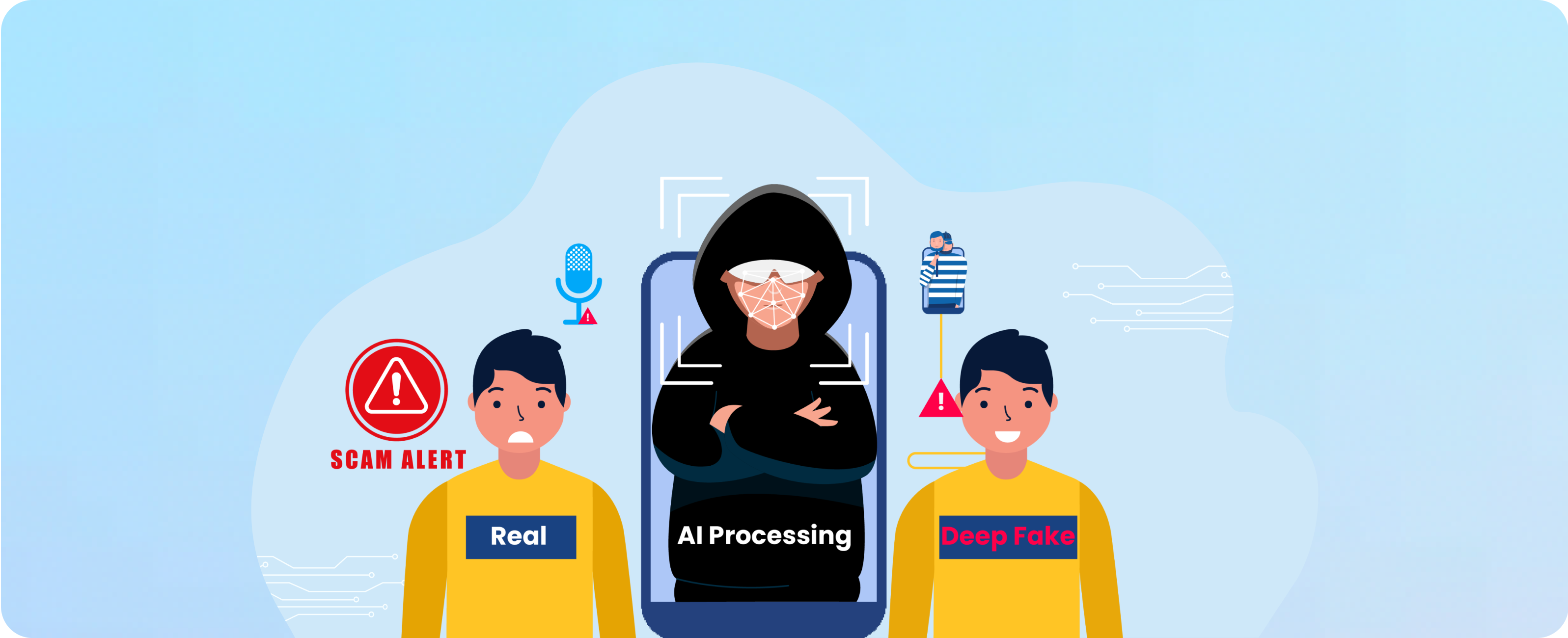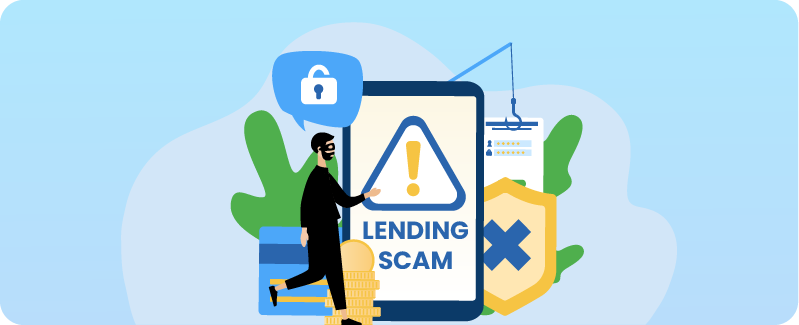- 13 Dec 2020
- Post Views: 6205


A WhatsApp OTP scam has been going around tricking app users. Here’s what you need to know about it to be prepared and stay safe. #BecauseWeCare
WhatsApp has become one of the most popular messaging apps for sharing news, views, and information. With the recent announcement by the National Payments Corporation of India (NPCI), WhatsApp can now be used as a payment channel too. This has led to scamsters finding newer ways to take advantage of tricking users into giving them access to their WhatsApp account.
These scamsters take advantage of your personal information and use it to represent you and gain trust from your contacts to access their accounts too. If your WhatsApp account gets hacked, then scamsters could get hold of your bank account details and misuse them to withdraw funds from your account.
How does the trick work?
A scamster may send you a message on WhatsApp, usually from a friend’s account that has already been hacked. The fake message will ask you for an OTP which you have received, explaining that it was sent to you by mistake. The message will try to convince you that your friend is in some trouble and urgently needs you to send the OTP that you have received.
Sometimes, the message may come from an unknown account. In such cases, it will say that it is from the technical team of the messaging app, to convince you that it is official. To create trust, the display picture of the message asking for the OTP from an unknown number will be the WhatsApp logo. It may also say that if you do not share the OTP, some features in your WhatsApp account may get disabled.
If you send the OTP code, you are giving the scamster access to your account. The next thing he or she will do is lock you out of your own WhatsApp account!
Effects of this scam
How to avoid getting tricked
Be aware and connect with care
While enjoying all the benefits of the free messaging app – WhatsApp, be sure that you protect your messages and your account.


